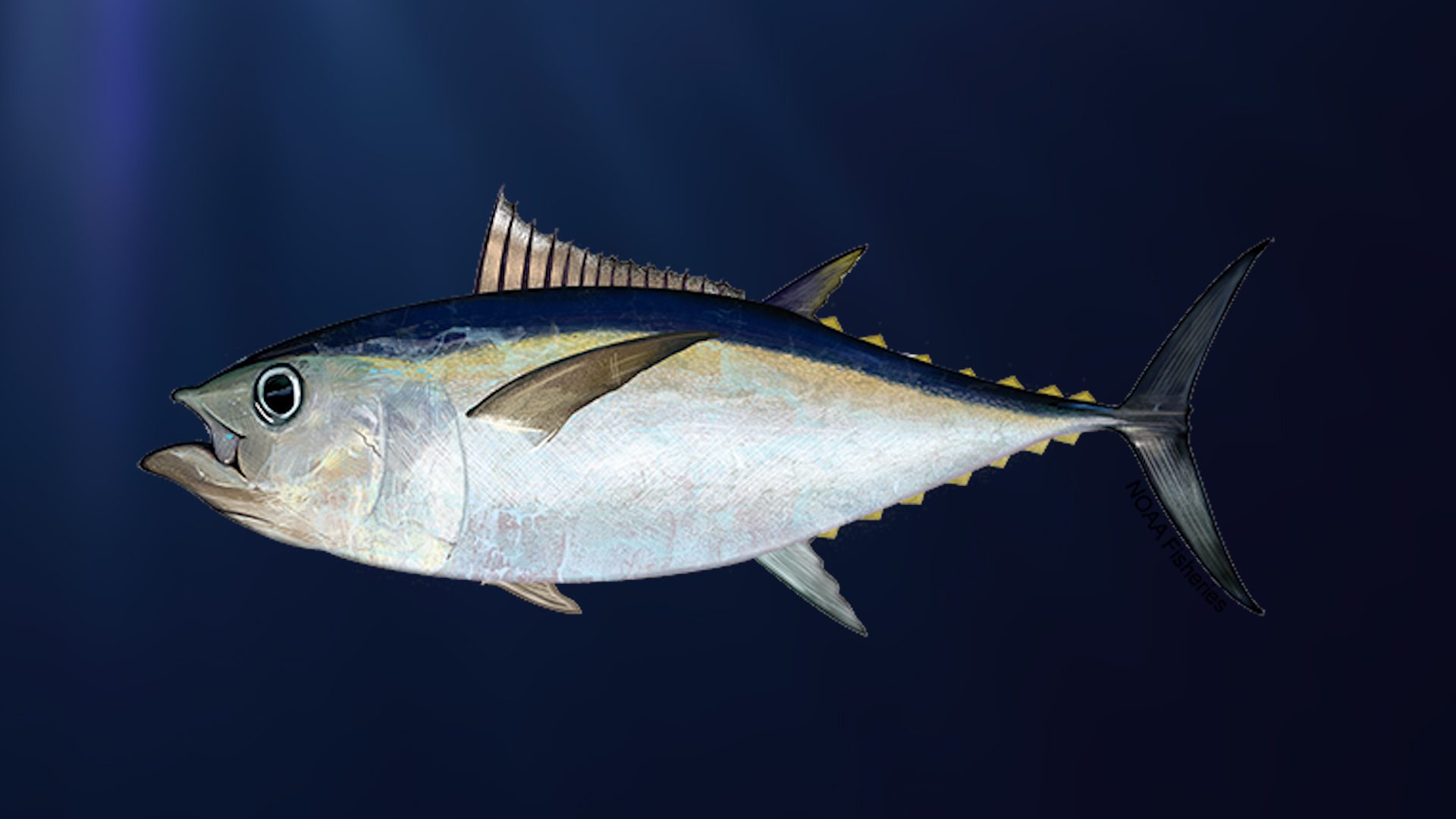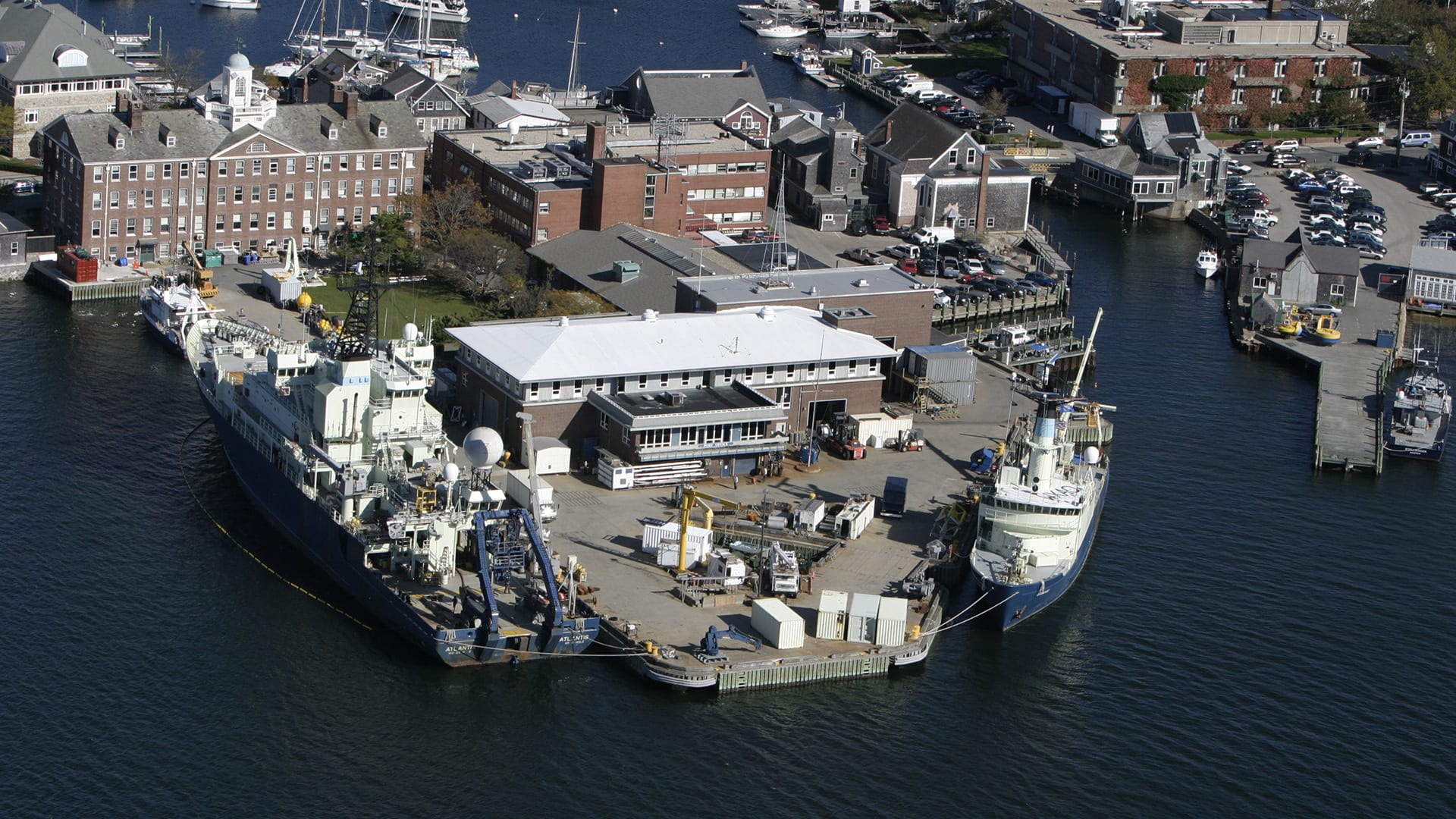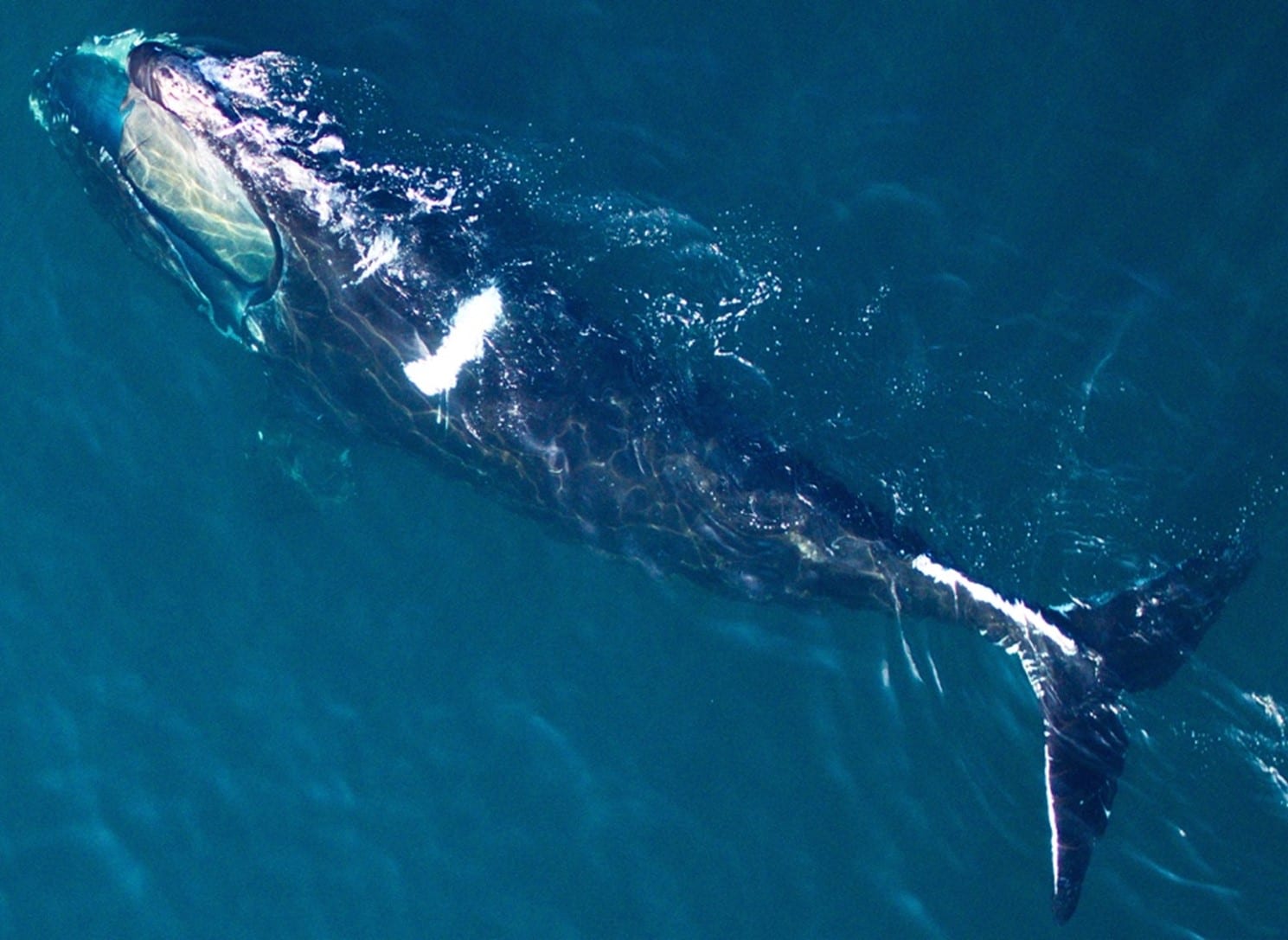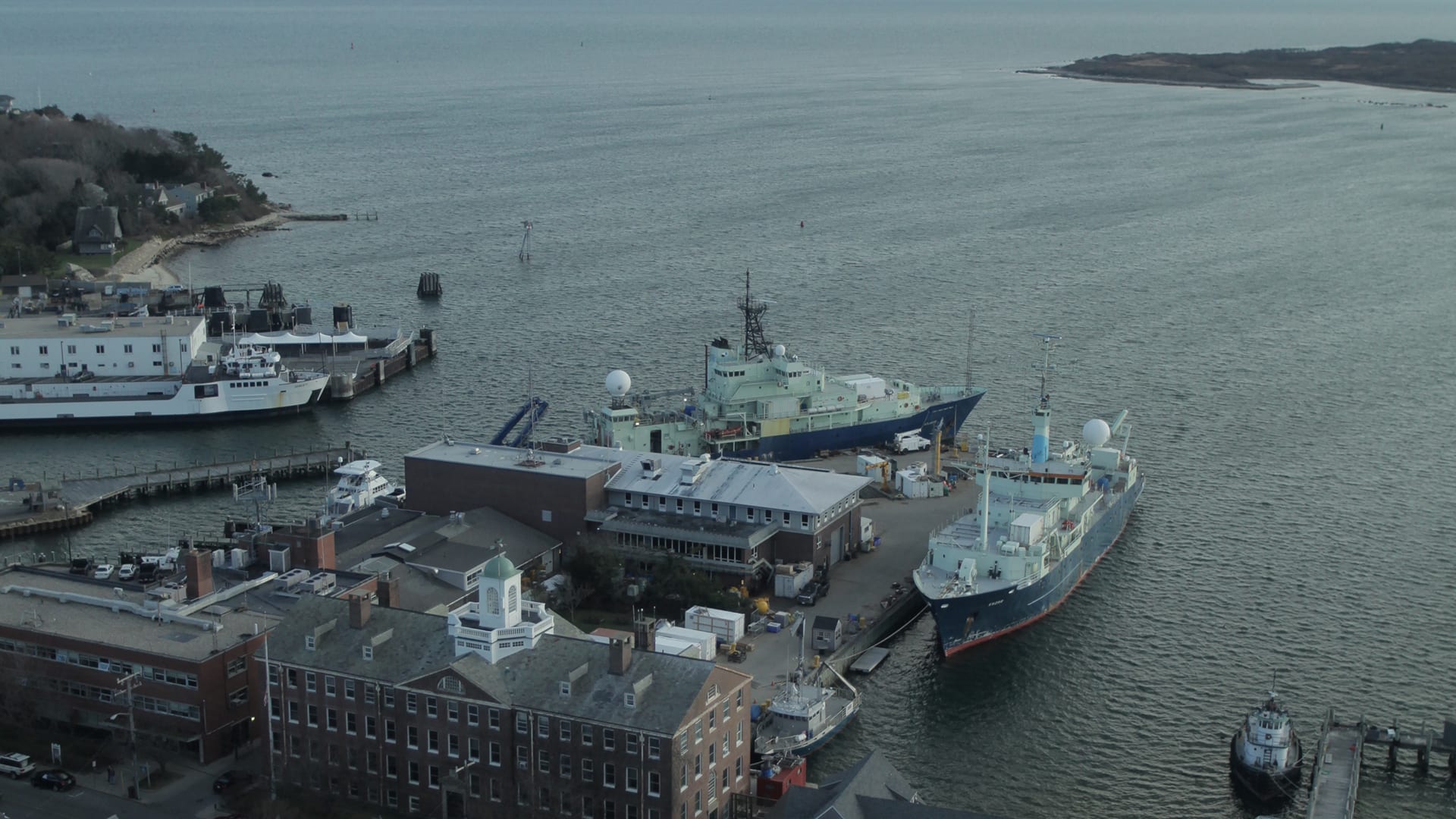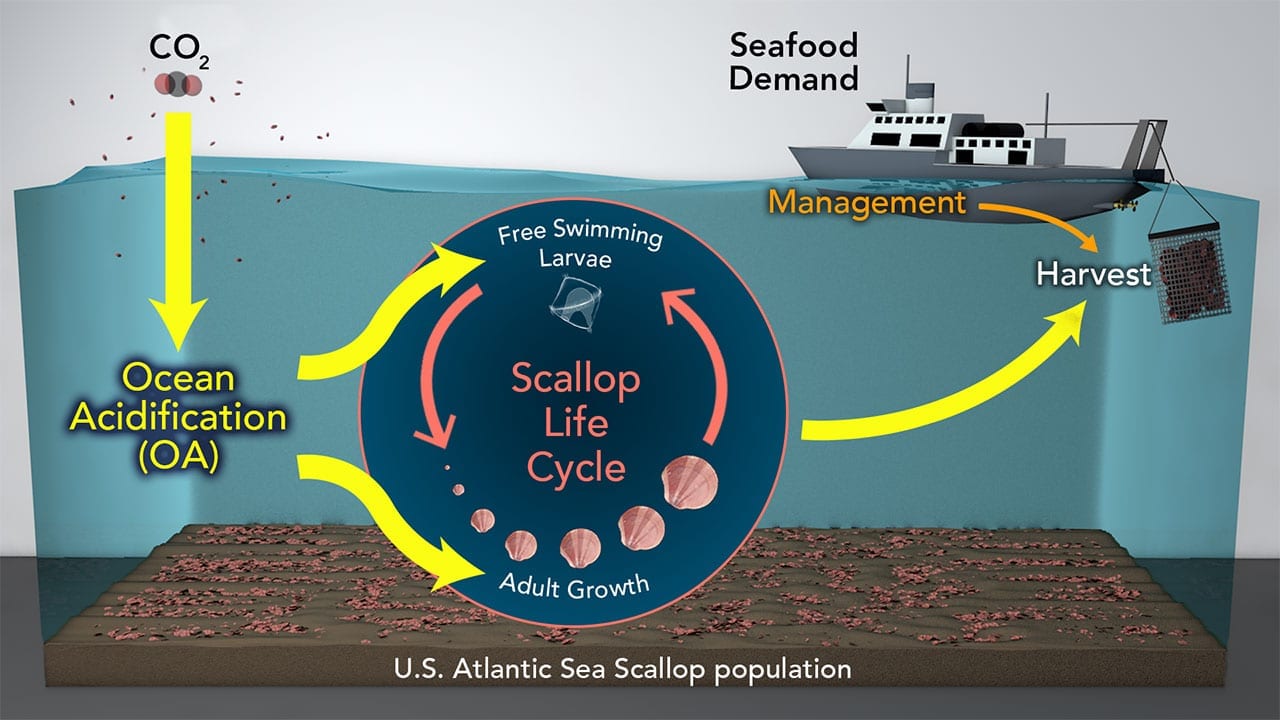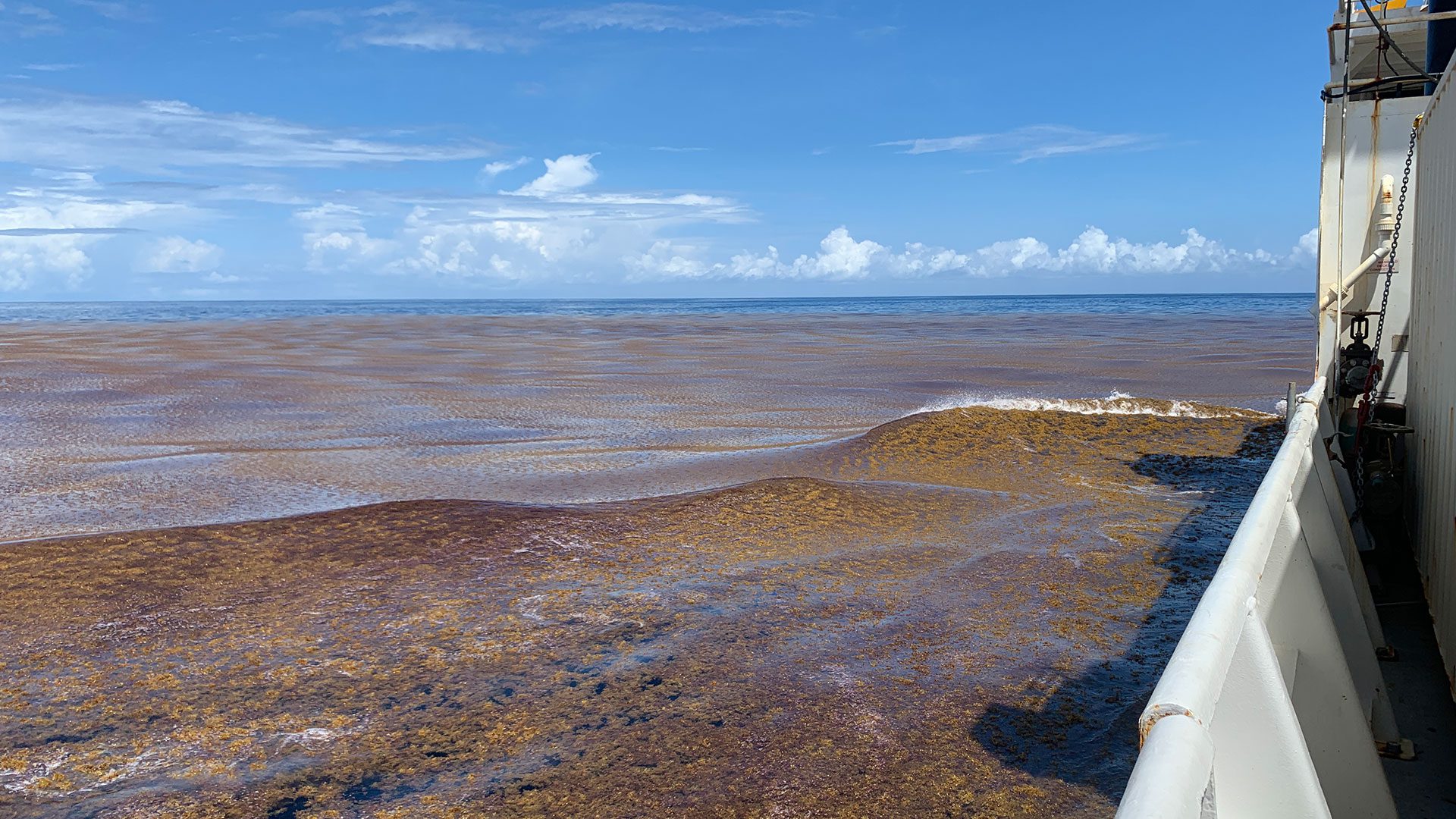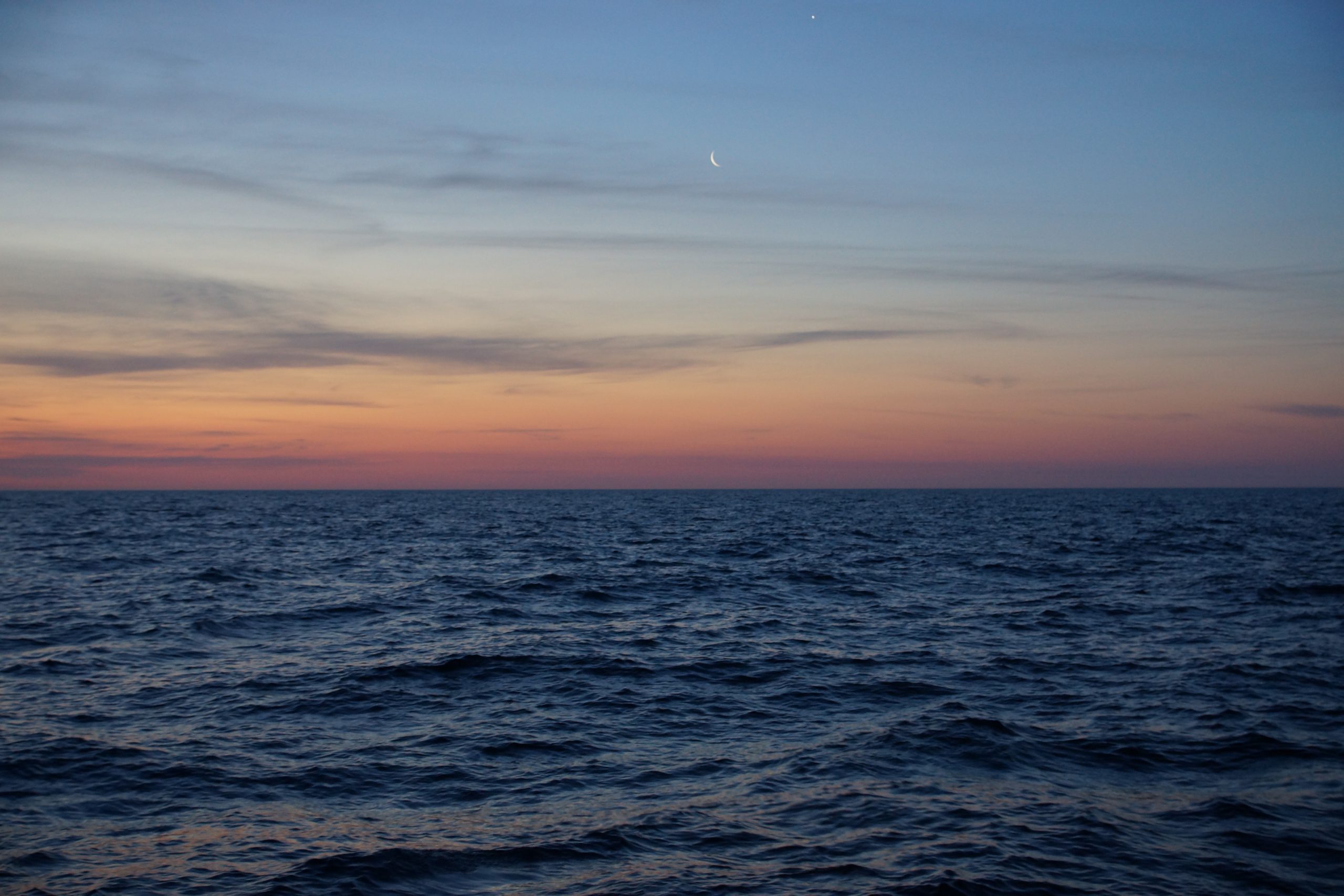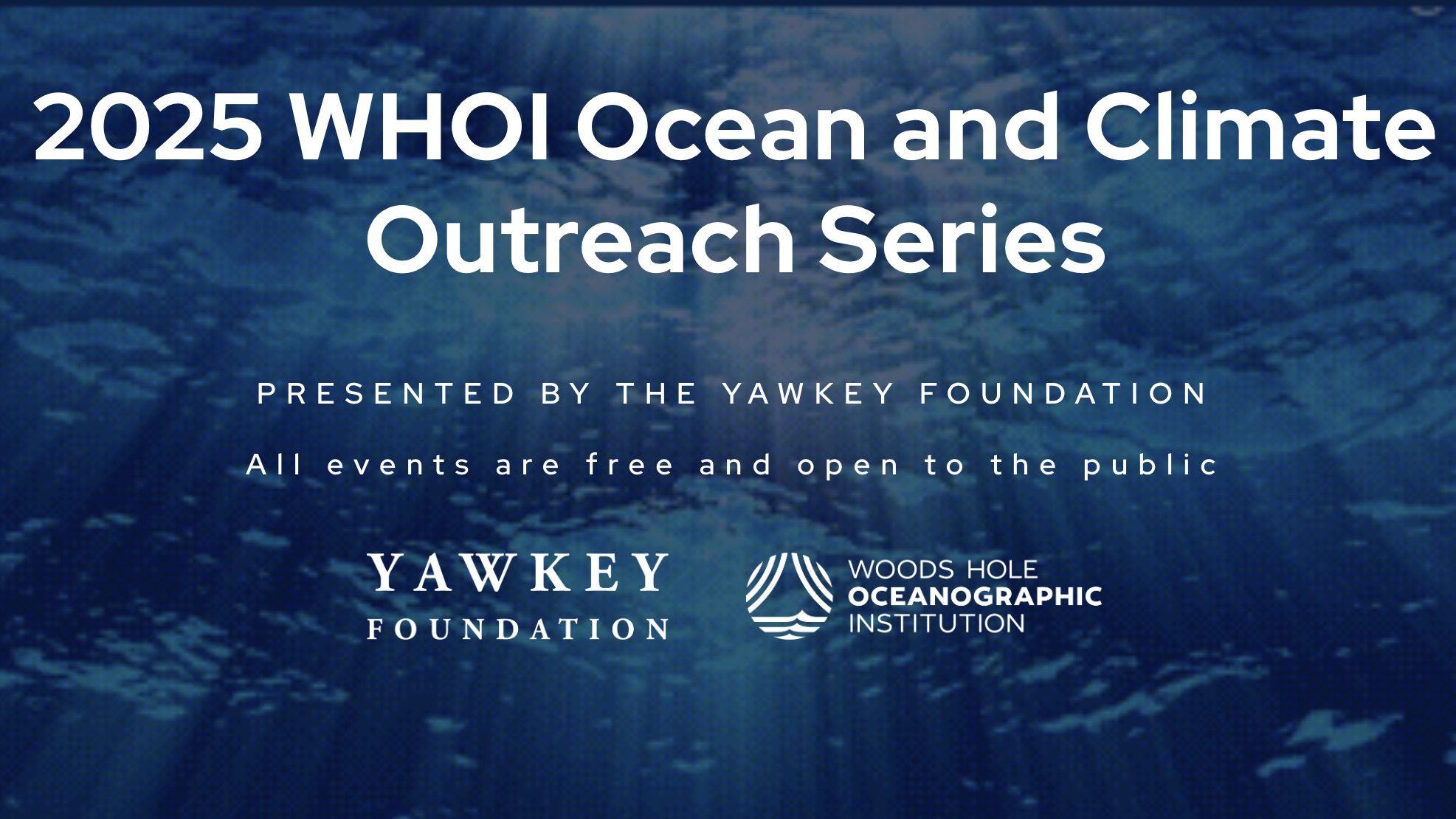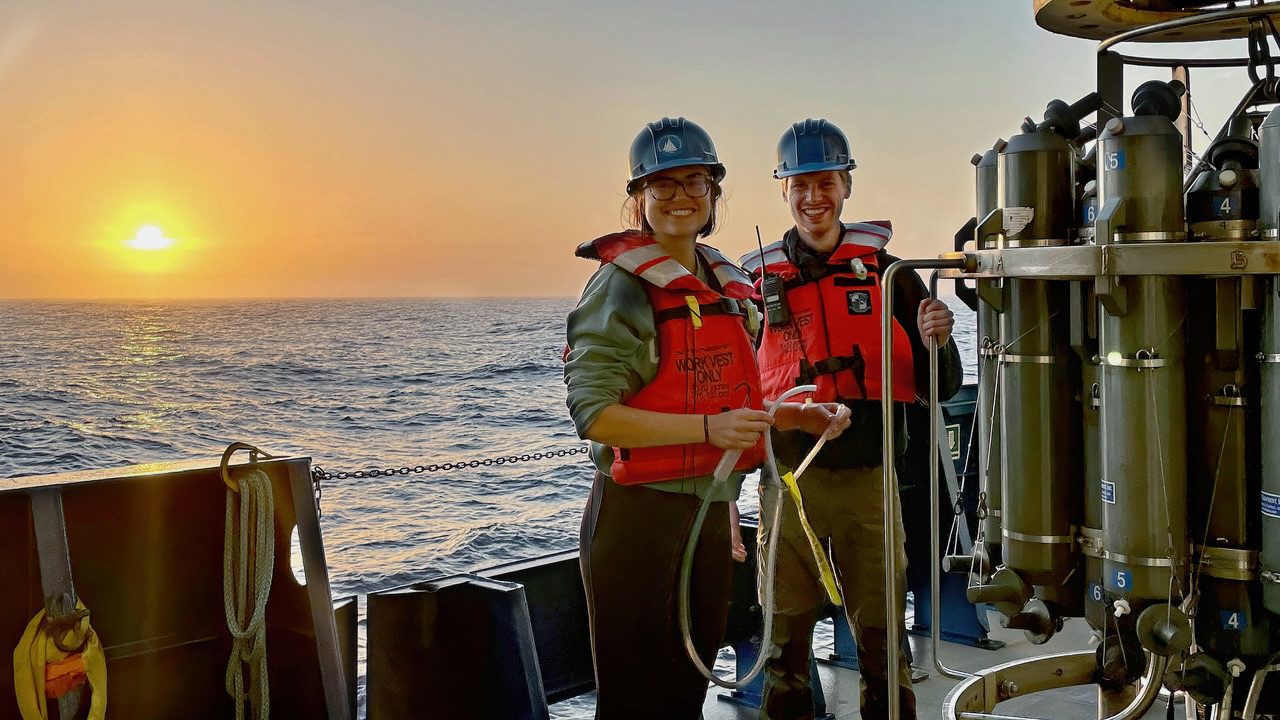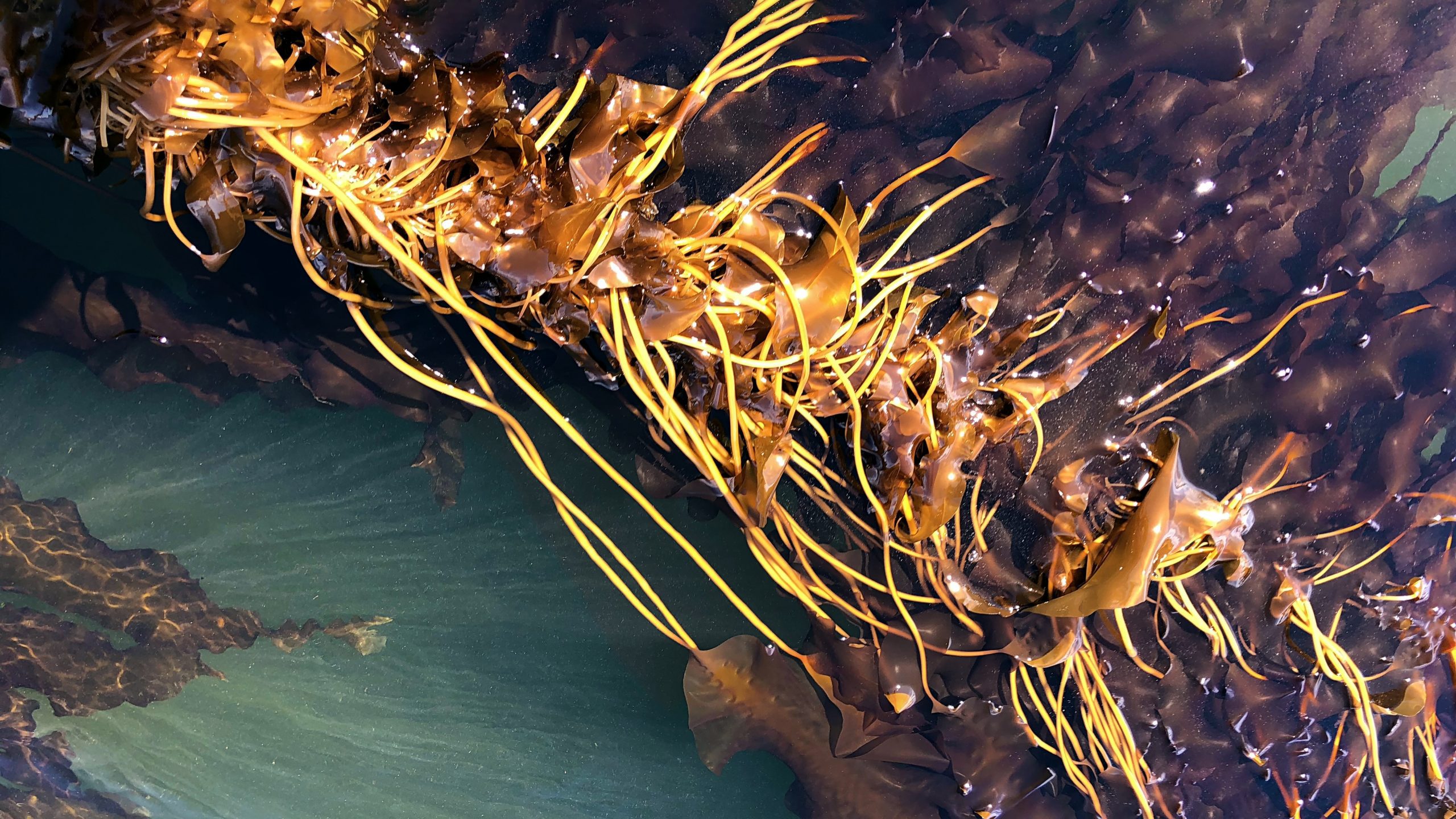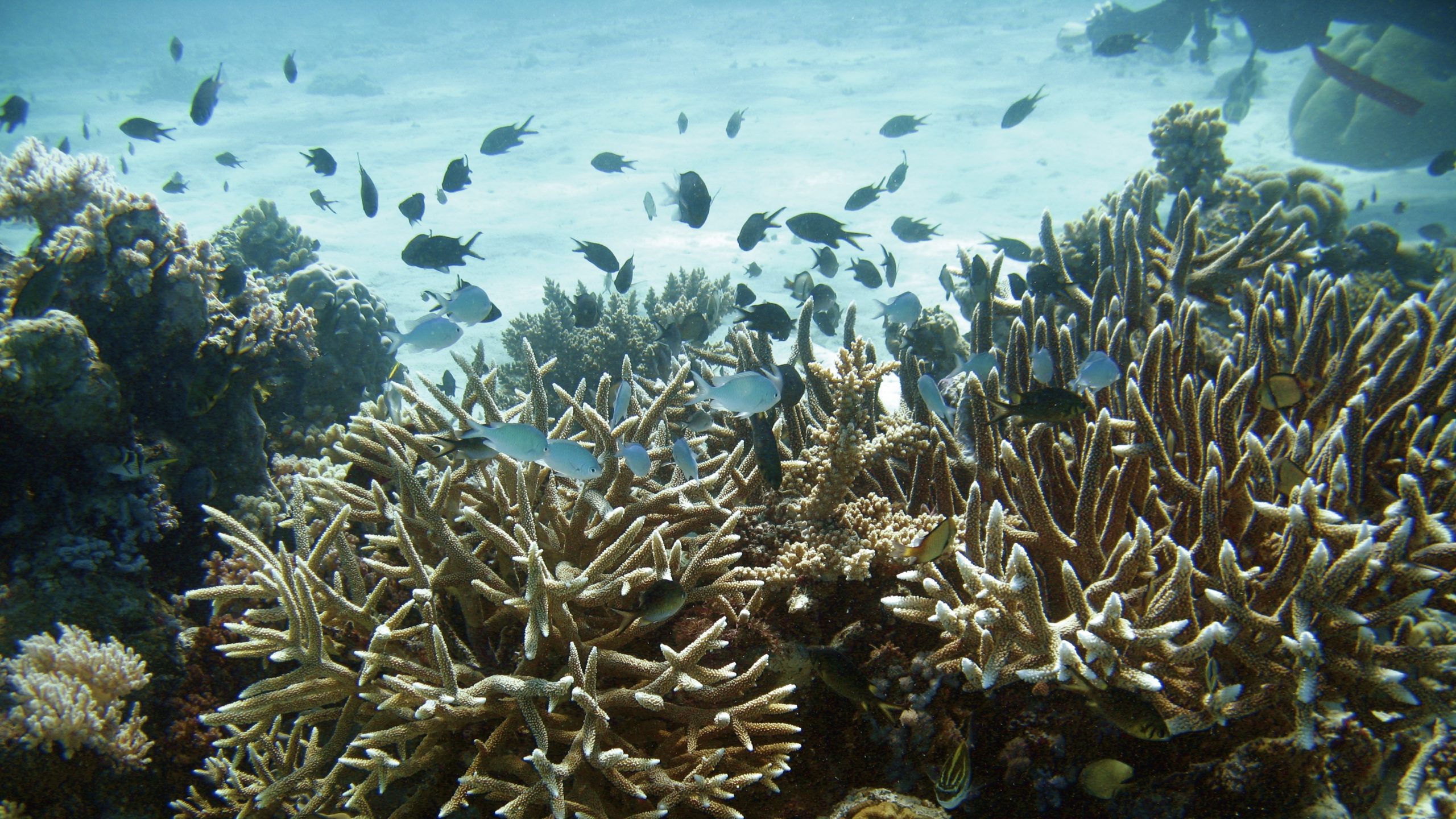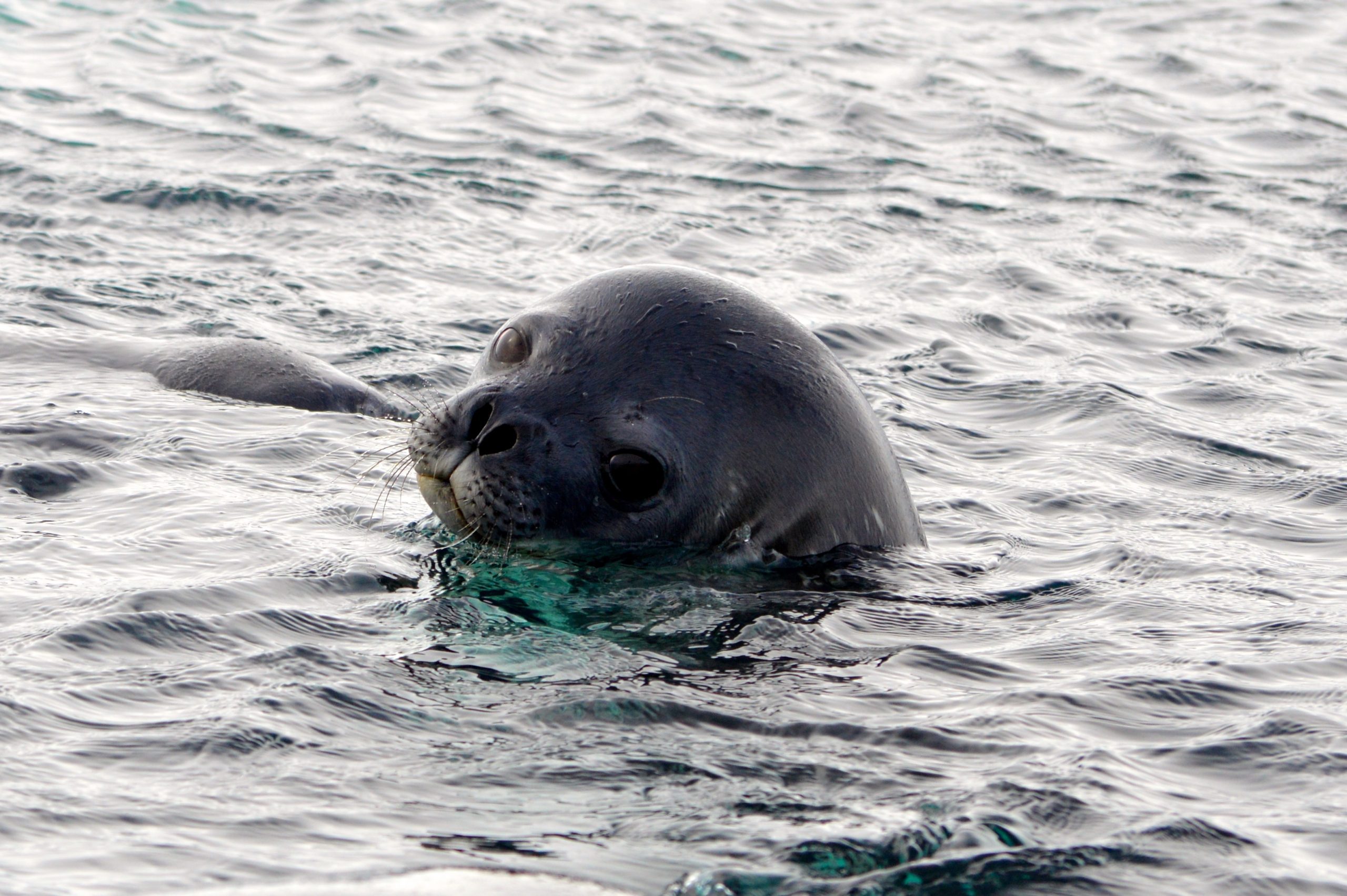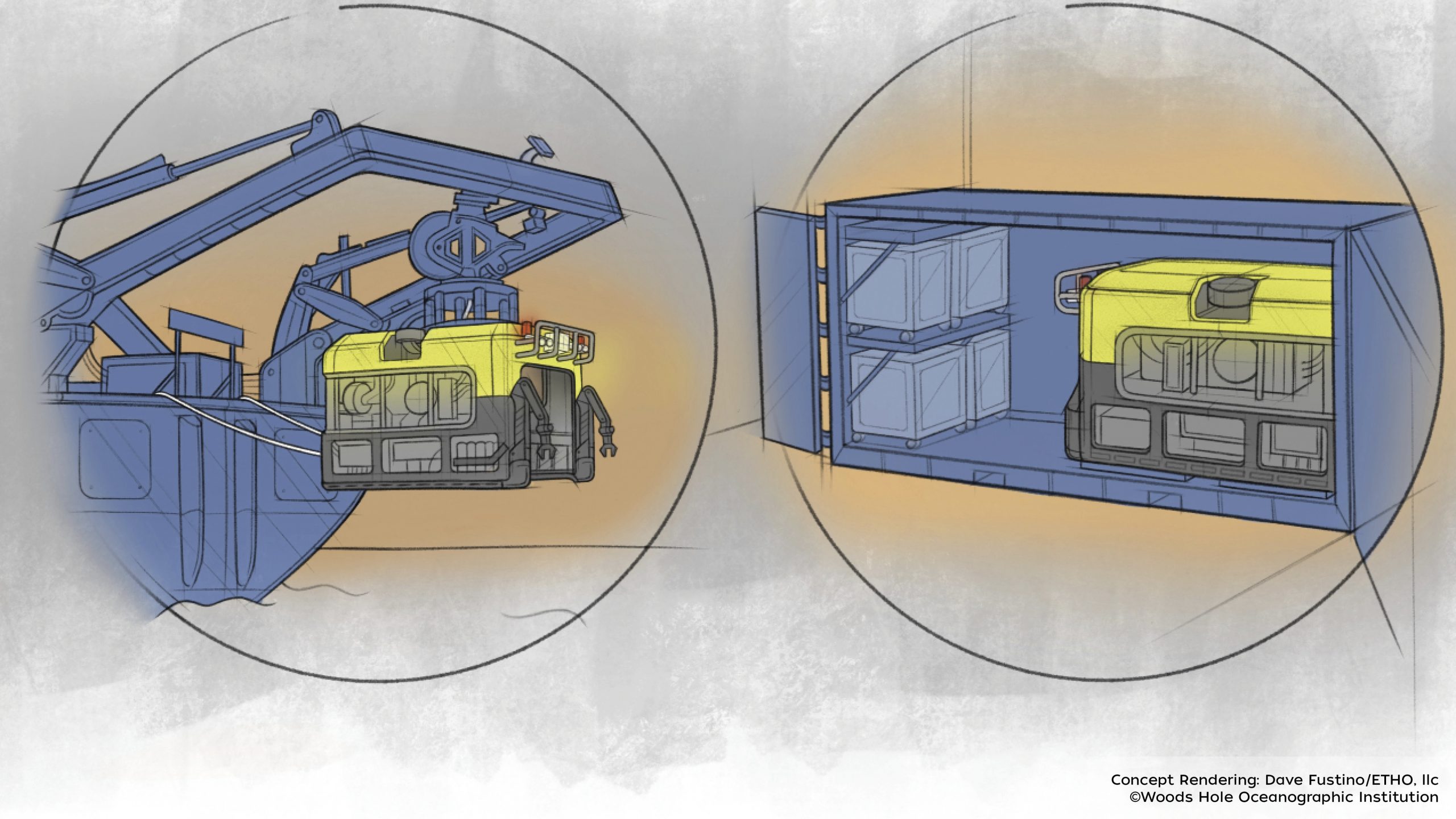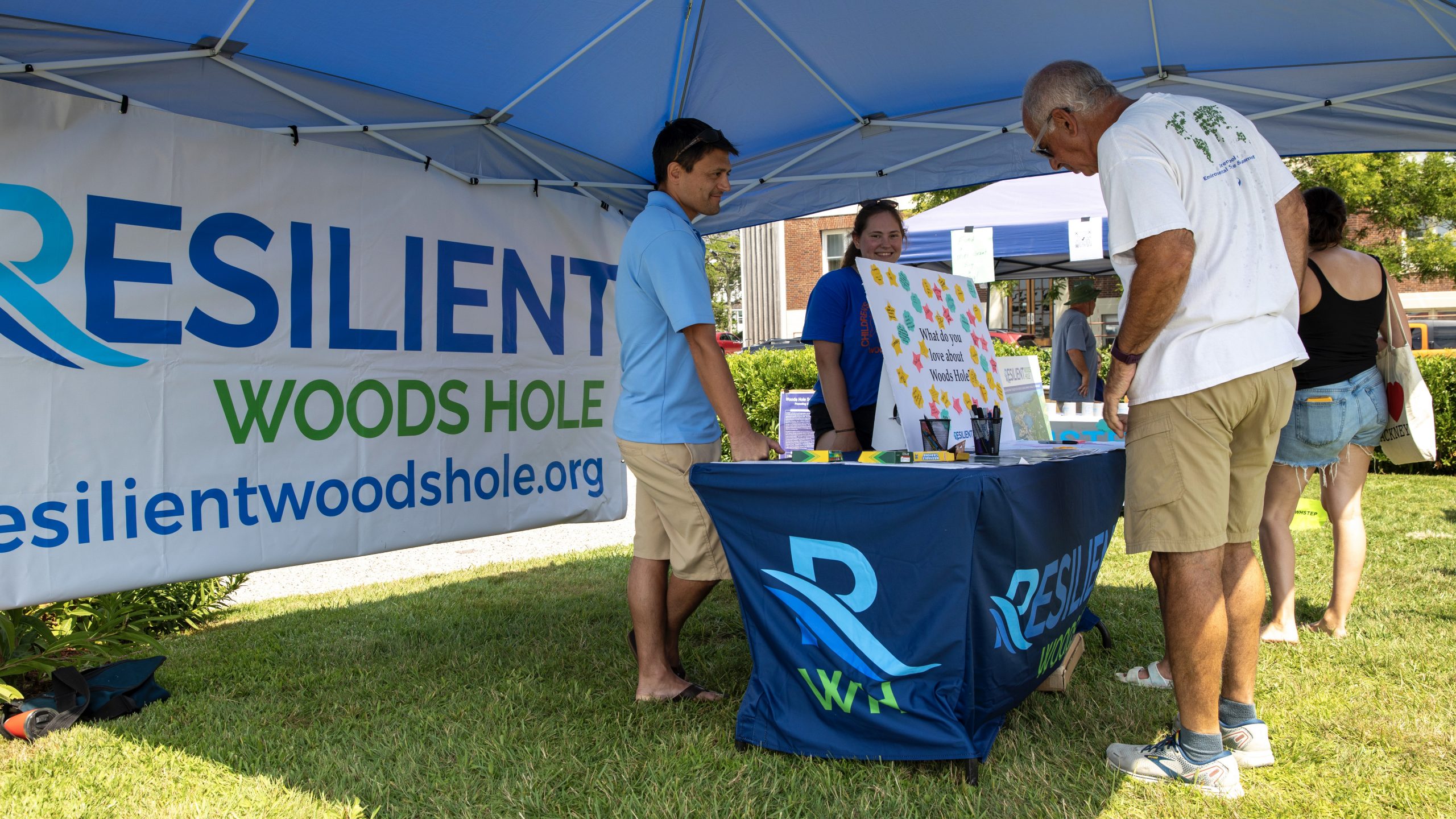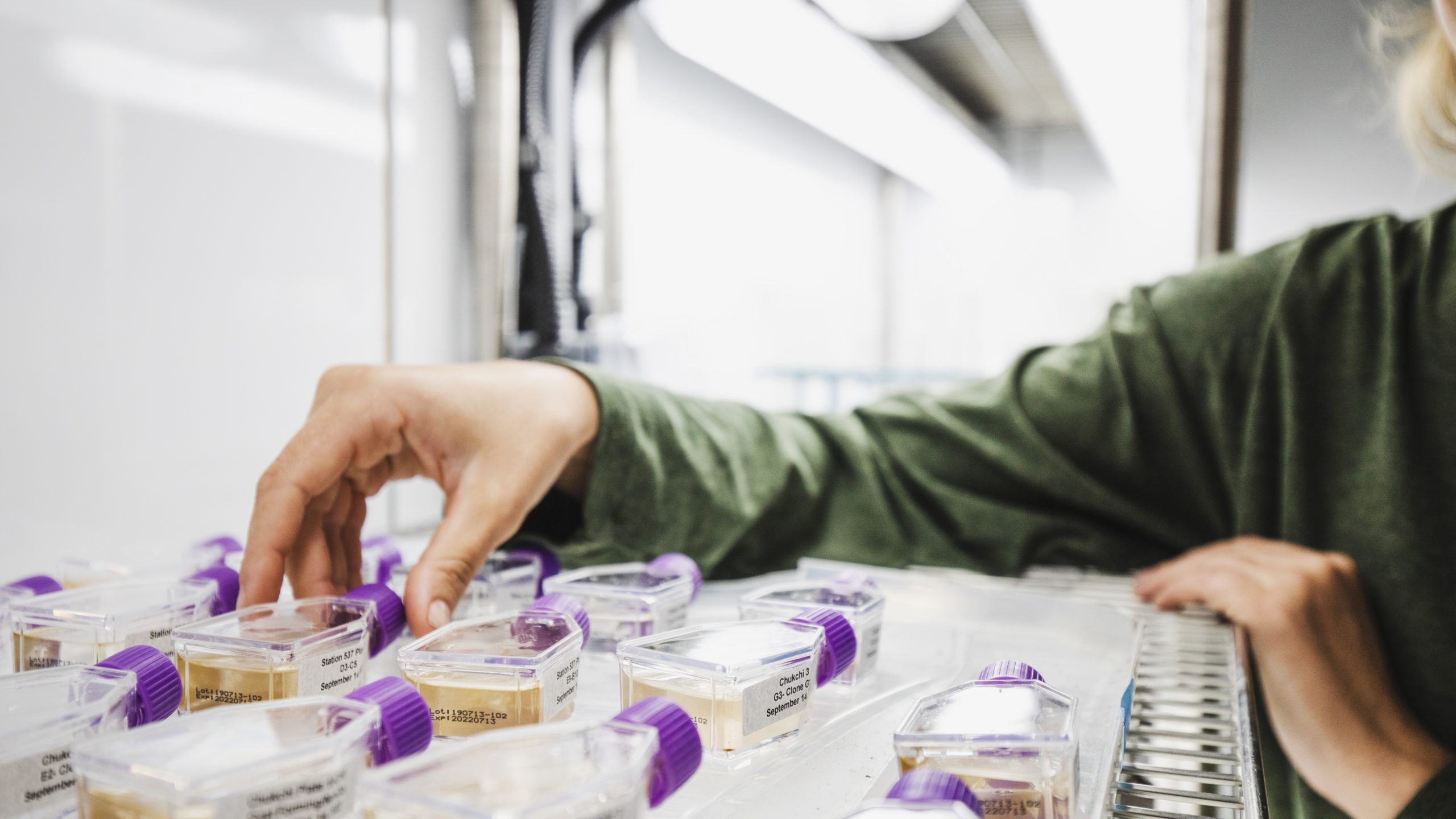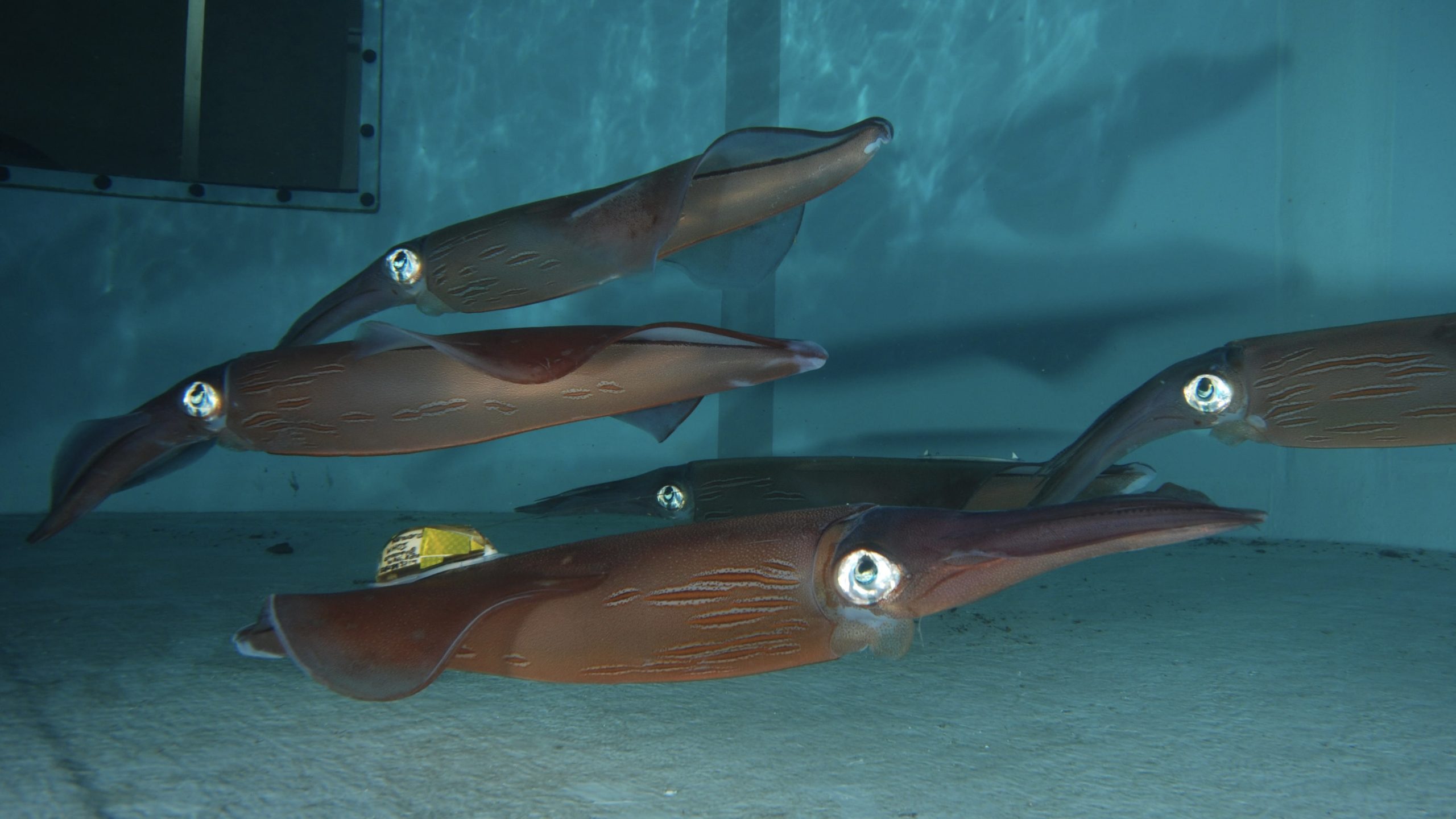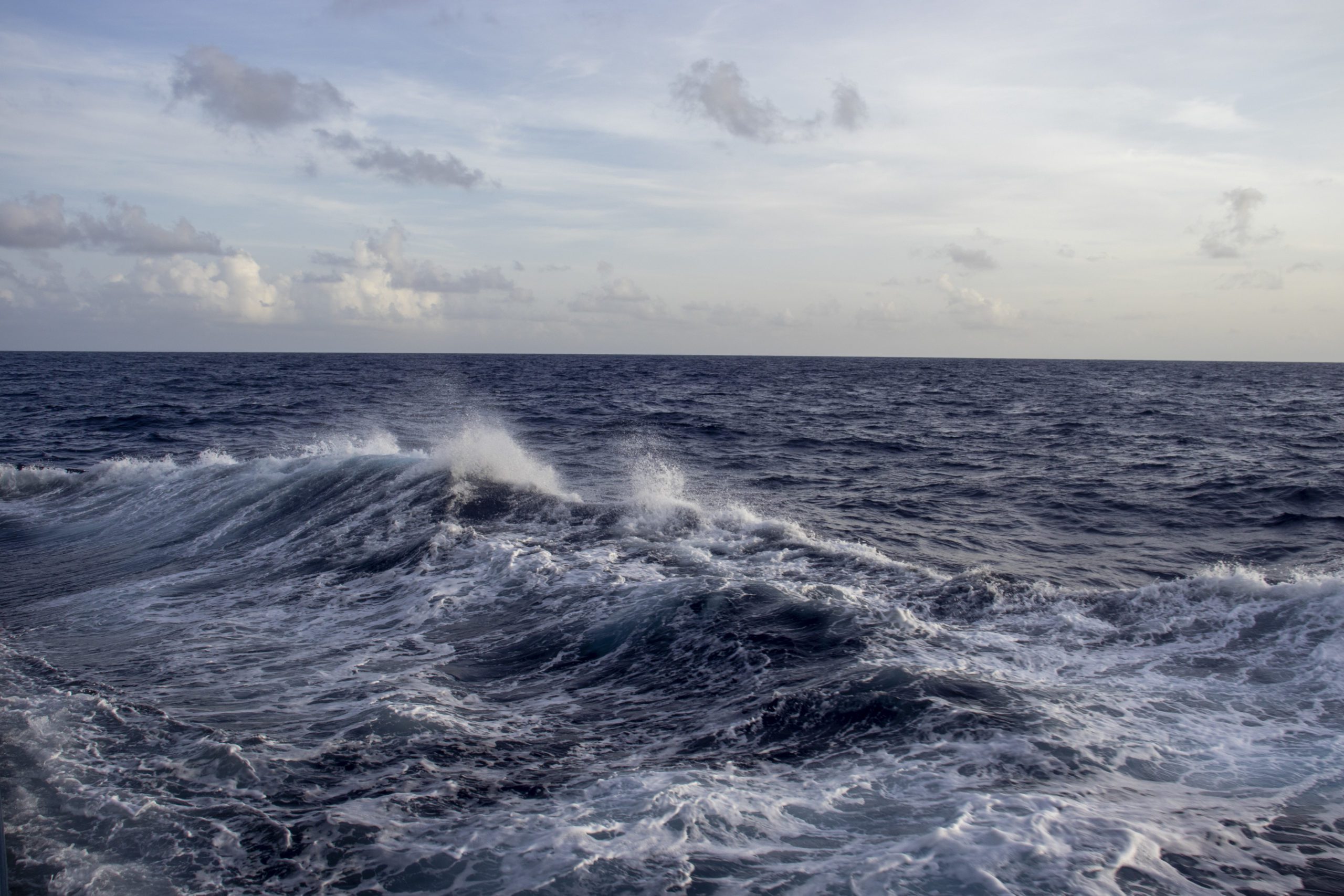News Releases
New WHOI study cautions that deep-sea fishing could undermine valuable tuna fisheries
The study shows that large-scale harvesting of mesopelagic fish that live hundreds of meters below the surface could reduce the food available to bigeye tuna
Read MoreCINAR Names Four New Fellows in Quantitative Fisheries and Ecosystems Science
The goal of the fellowship program is to engage early-career scientists in research that supports the training and education in the he assessment and management of living marine resources in the Northeast U.S.
Read MoreWHOI and NOAA Fisheries Release New North Atlantic Right Whale Health Assessment Review
North Atlantic right whales are critically endangered and declining. Climate change, vessel strikes, entanglements and noise engender poor health and reproductive failure, and are major threats to individuals and the species. Trauma reduction measures and applying new tools to assess and enhance their health, are critically important.
Read MoreCINAR Fellows in Quantitative Fisheries and Ecosystems Science Announced
The Cooperative Institute for the North Atlantic Region (CINAR), led by the Woods Hole Oceanographic Institution, and the Northeast Fisheries Science Center are pleased to announce the appointment of five…
Read MoreOcean Acidification May Reduce Sea Scallop Fisheries
Each year, fishermen harvest more than $500 million worth of Atlantic sea scallops from the waters off the east coast of the United States. A new model created by scientists…
Read MoreEnhancing Fisheries Science and Education in the Northeastern U.S.
Under a National Oceanic and Atmospheric Administration program called Quantitative Ecology and Socioeconomics Training (QUEST), the new partnership will focus on teaching and advising in a graduate fisheries program and developing new technologies to improve assessment and management capabilities.
Read MoreNew Sonar Method Offers Way to Assess Health of Squid Fisheries
California?s $30-million-a-year squid fishery has quadrupled in the past decade, but until now there has been no way to assess the continuing viability of squid stocks. A new sonar technique offers a window onto next year?s potential squid population.
Read MoreNew Imaging Vehicle Maps Coral Reefs to Determine Health of Reef and Fisheries
Deepwater coral reefs in the US Virgin Islands may occupy a much larger area and be in better health than previously thought, based on evidence gathered by a new autonomous underwater vehicle which flies through the sea like a helicopter.
Read MoreWHOI Scientists to Discuss Fisheries Science Issues
WHAT: Scientists will briefly outline the fisheries problem, and some of the outstanding scientific issues that need to be addressed to manage the recovery of stocks, and once recovered, to manage them in a sustainable way. Also discussed will be some important findings so far from current research programs about major oceanographic and environmental factors affecting our nationA?s fisheries, and the possible impacts of those factors on fisheries management. The briefing will close with a description of new efforts between scientists and fishermen to work together to better understand the nature of fisheries and to provide real-time data for models and management tools. A productive question and answer period is anticipated.
Read MoreWoods Hole Oceanographic Institution and CMA CGM expand their partnership
CMA CGM, which has long been committed to preserving biodiversity through multiple initiatives in the U.S. and worldwide, will support two key WHOI projects
Read MoreNew study quantifies sargassum’s multi-million dollar impact to U.S. coastal economies
WHOI led the study’s economic modeling and analysis, examining impacts across three sectors central to coastal economies: tourism, recreation, and fisheries.
Read MoreWHOI’s Jennifer Johnson receives Fulbright Specialist Award
Research Associate will complete a project at the National Fisheries and Marine Research Institute in Angola.
Read MoreWHOI scientist publishes commentary on forecasting a pause in Northwest Atlantic warming
Commentary explores forecasted pause in regional warming and the science behind it.
Read MoreFecal samples from bowhead whales link ocean warming to rising algal toxins in Arctic waters
Filter-feeding whales sample the Arctic food web, tracking decades of change
Read MoreWHOI announces 2025 Ocean & Climate Outreach Series
WHOI and the Yawkey Foundation bring together scientists and community to look at the impacts of our changing ocean
Read MoreScientists use salinity to trace changes in the U.S. Northeast coastal ocean
Scientists are using salt as a tracer to investigate how much the influx of warm, salty offshore water onto the continental shelf contributes to the observed seasonal “erosion” of the cold pool.
Read MoreNew global efforts to map and monitor kelp forests extend to South Africa and Namibia
A new expansion of kelpwatch.org, brings over 40 years of satellite-derived kelp canopy data to South Africa and Namibia, offering new insights into these vital underwater forest ecosystems.
Read MoreNew study highlights the correlation between live corals and fishing yields
Research led by Woods Hole Oceanographic Institution predicts lower fishing yields as corals struggle to survive
Read MoreWeddell seals in the Antarctic strategically time their most extreme dives to maximize foraging
New research from WHOI and partners sheds light on a novel dive foraging strategy.
Read MoreWHOI receives funding for next-gen ROVs
A new, integrated system will enable ocean science, exploration, and restoration efforts from a wider range of vessels.
Read MoreResilience efforts take off nationwide, what have we learned on Cape Cod?
ResilientWoodsHole utilizes science and community to take on the impacts of climate change.
Read MoreThe Detection of a Massive Harmful Algal Bloom in the Arctic Prompts Real-Time Advisories to Western Alaskan Communities
The potent toxicity of the 2022 HAB event “posed an unprecedented risk to human and ecosystem health.”
Read MoreA new tagging method for fragile marine species
Newly developed bioadhesive sensors (BIMS) are effective and less invasive than traditional tagging. Scientists can attach them with a thin layer of dried-hydrogel in less than 20 seconds.
Read MoreSea Surface Temperature Research Provides Clear Evidence of Human-Caused Climate Change
New oceanic research provides clear evidence of a human “fingerprint” on climate change and shows that specific signals from human activities have altered the seasonal cycle amplitude of sea surface temperatures.
Read More
